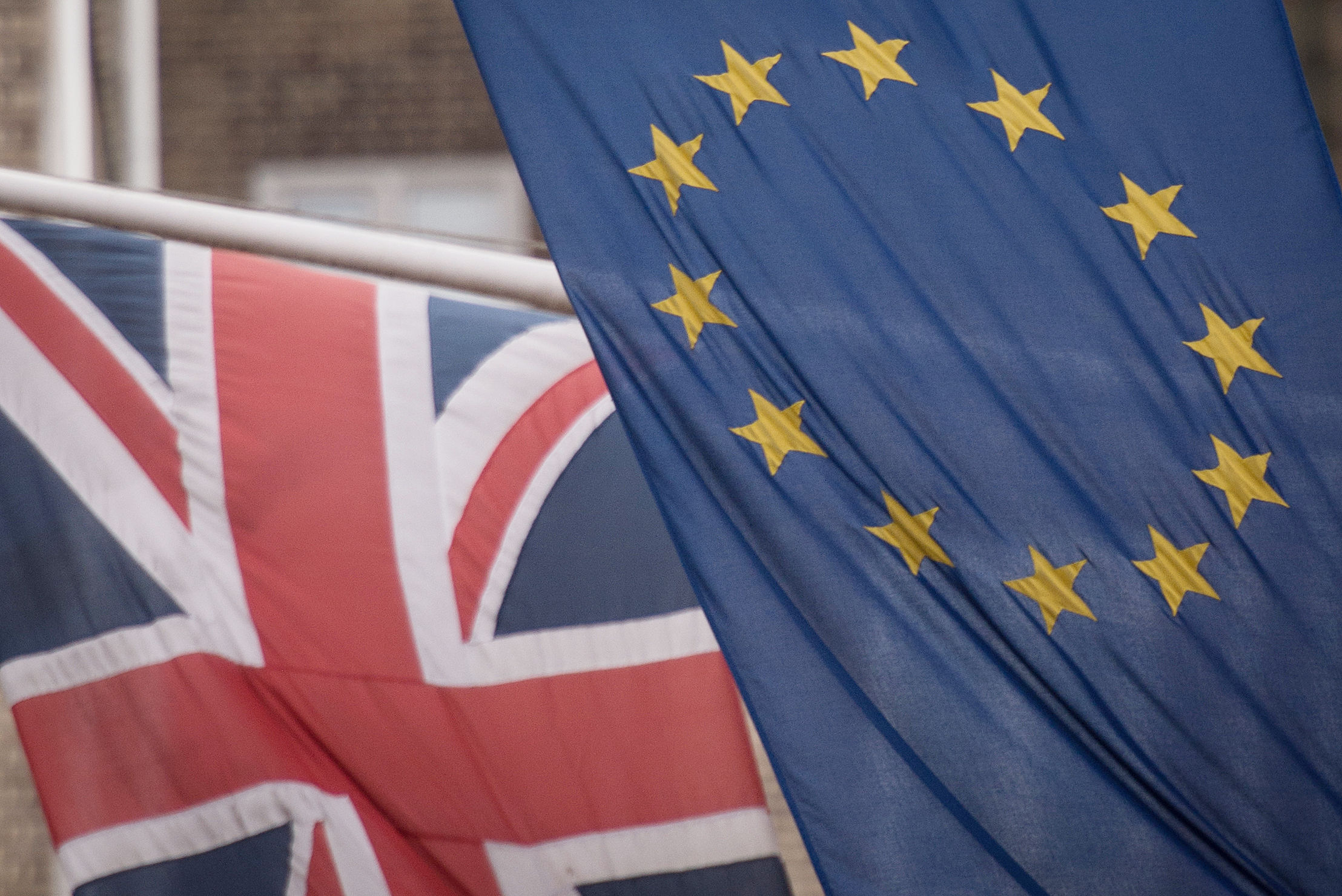Insurance market Lloyd’s may be forced to move some of its business to continental Europe as a result of the vote to leave the EU, chairman John Nelson has warned.
And he said operations may start leaving London before Brexit negotiations are concluded unless the Government can provide “clarity” about the UK’s future relationship with the EU.
Mr Nelson said it was “critical” for the financial services industry to maintain the “passporting” rights which allow it to operate within EU countries, and warned that Brexit may put foreign investment in the City of London at risk.
Overseas investors share London’s interest in maintaining passporting rights and access to the single market, fearing “massive disruption” if they are forced to change their operations, he said.
But he told the BBC Radio 4 Today programme: “The issue is that if we do not get access to the EU single market, what will happen is that business will be written by us and others onshore EU. The loser will not be Lloyd’s or the industry; sadly, it will be London.
“There will be bits of business where it will be better for us and more efficient for us, if we don’t get single market access if we write it in the EU.
“Insurance business is quite mobile. If there is uncertainty for a prolonged period of time, then the industry will vote with its feet and we will be in that.
“If we do not see a clear direction of travel, we will have to invoke our contingency plans and that would mean business leaving London more quickly than the renegotiation timetable.
“Therefore, clarity is important, and clarity fairly soon.”
Mr Nelson, who is setting out his concerns in a speech in the City on Monday evening, added: “Lloyd’s is Lloyd’s, it is not Lloyd’s of London. We operate right round the world. We have our biggest hub outside London in Singapore, we have big hubs in Beijing and Shanghai, and we have a hub in Dubai and big businesses in Latin America.”
Meanwhile, the chief executive of Hermes Investment Management, Saker Nusseibeh, said that in order to maintain passporting rights, London will have to be prepared to obey Brussels regulations without the UK having an input into deciding them. He warned that business may move out of the City to continental Europe if Brussels is unwilling to accept this arrangement.
Mr Nusseibeh told Today: “I’m more optimistic on the passporting, simply because all it means is that London has got to abide by the rules that Brussels is going to issue and that is how we get passporting. It is what it is. We are going to have to abide by the rules.
“If the Europeans are going to be slightly more difficult about accepting our obeying their rules on passporting, then we have to invoke contingency B and move some operations onshore in mainland Europe.
“The only way we can protect the business is to obey the rules, and I’m afraid we have lost the power to input those rules, so we shall just have to obey them.”
Mr Nusseibeh said the rebound seen in the markets over recent weeks was “nothing to do with Brexit”, but was explained by the “massive devaluation” of the pound and historically low interest rates. But he warned: “We are not comfortable about that because anomalies don’t last forever. Everything looks good for the time being, but the markets will have to adjust.”
Lord Mayor of London Lord Mountevans insisted that the City was “facing the future with optimism” and determined to “make a success” of Brexit and maintain its position as the world’s leading financial centre.
He said the City was lobbying Government to ensure it retains access to the single market and the ability to recruit key staff from the EU.
“We are stressing to the Government that we do need access to the single market and I am optimistic that common sense will prevail and the solution we negotiate with our European partners will safeguard that,” Lord Mountevans told Today.
“The City needs access to the right labour. About 10% of the jobs in the City are European Economic Area nationals – typically at the more senior levels – and we need access to the best European labour and other international labour. We need to continue to have that in the future.”










